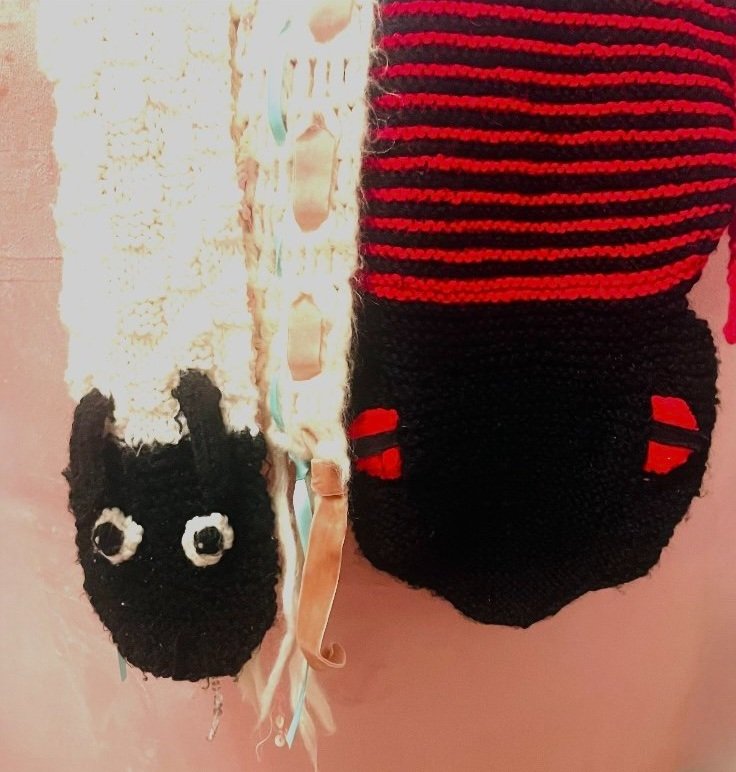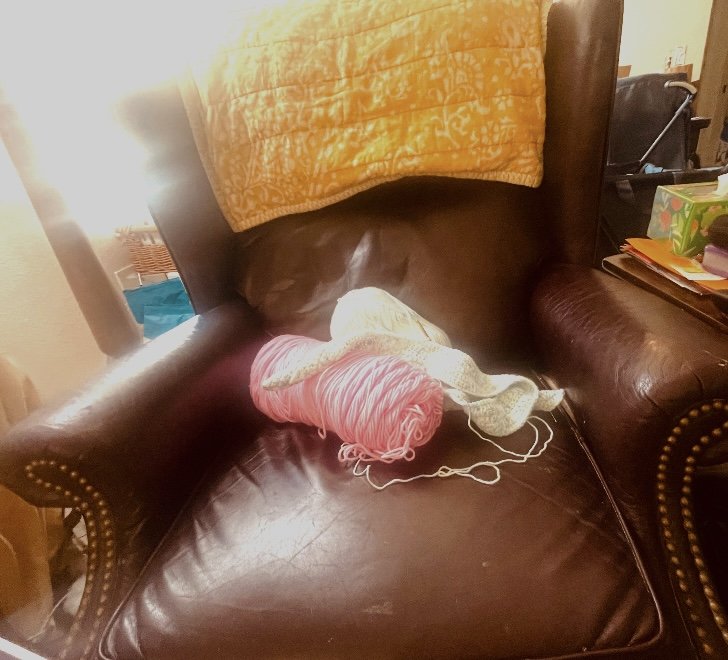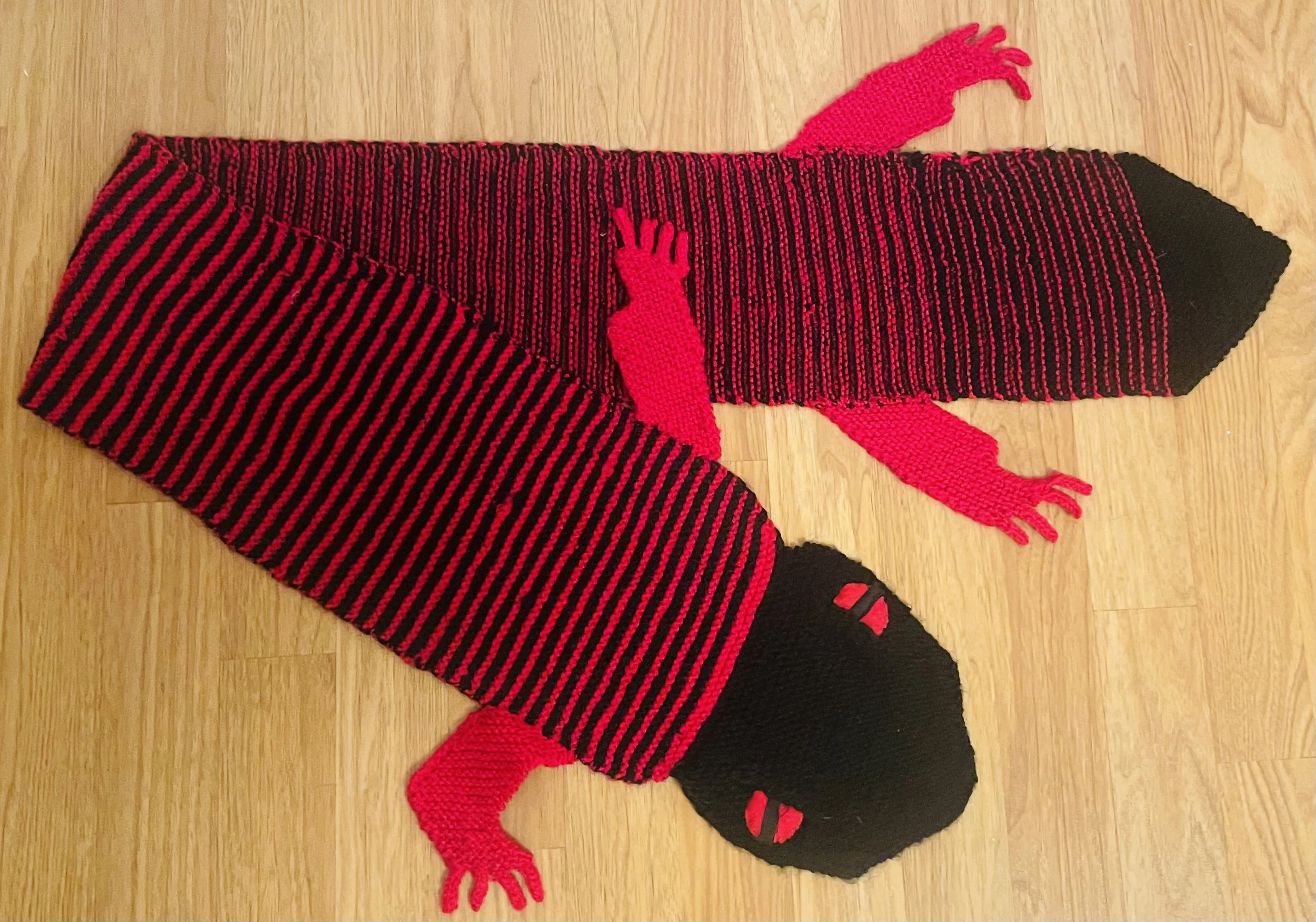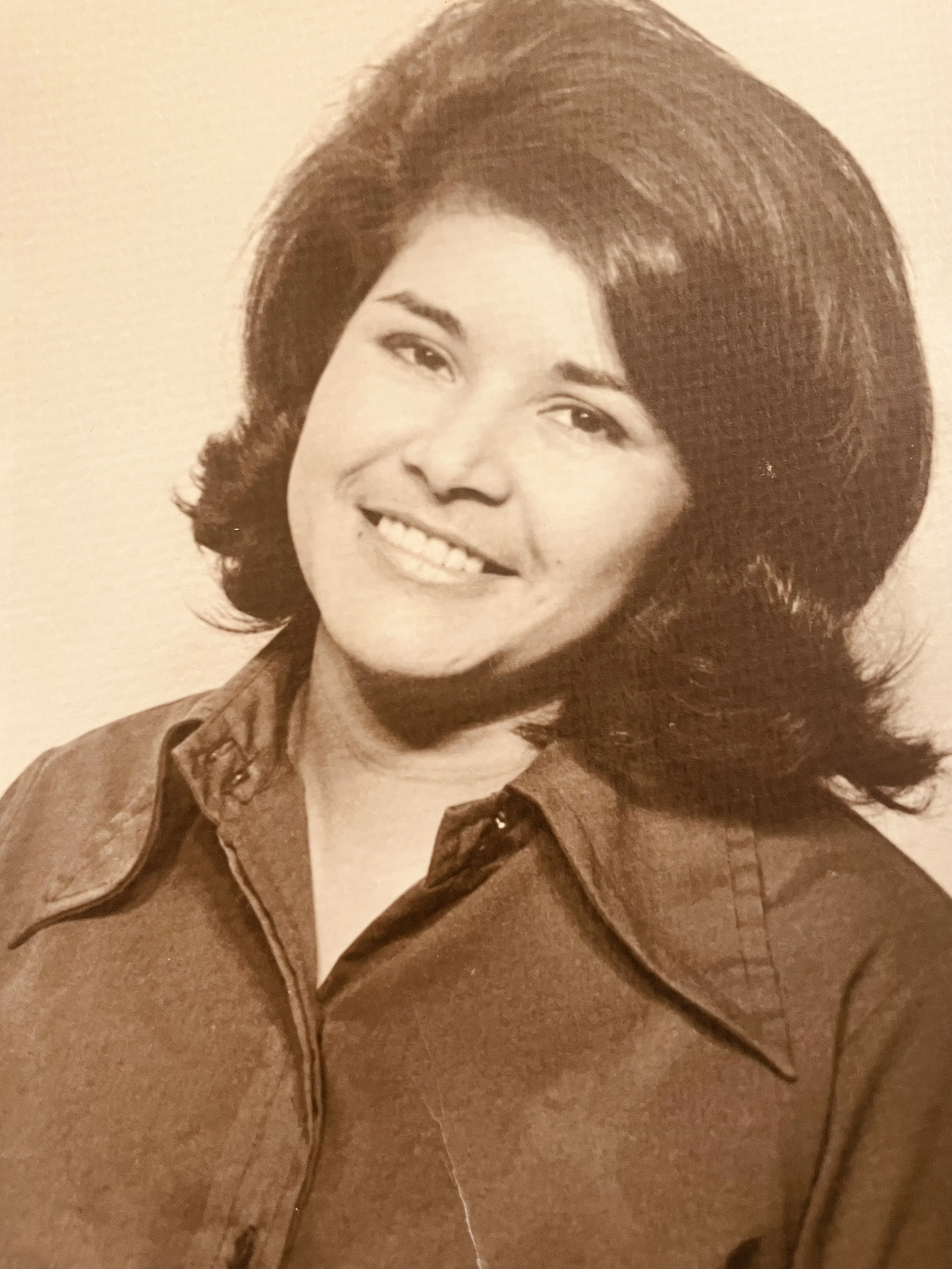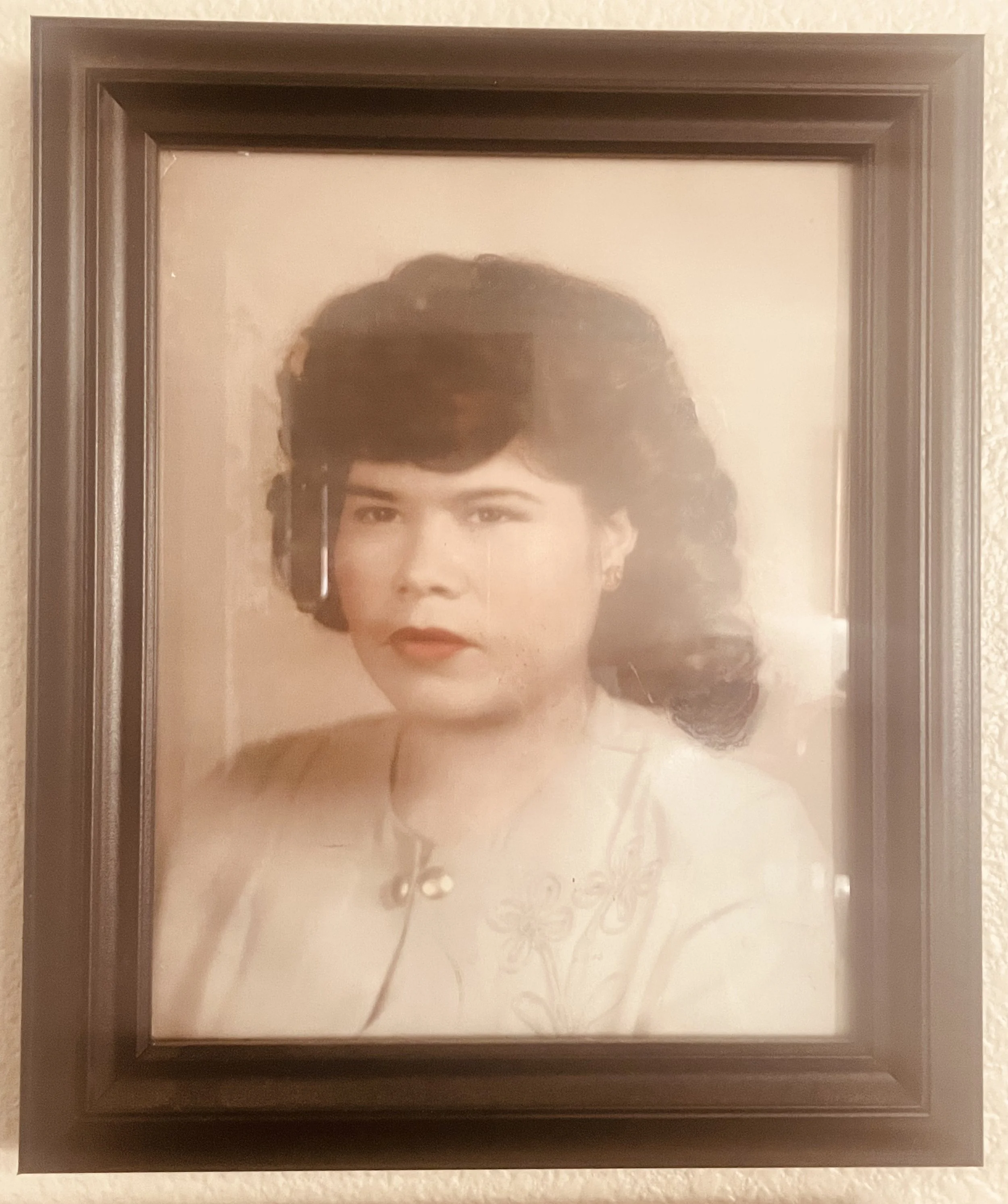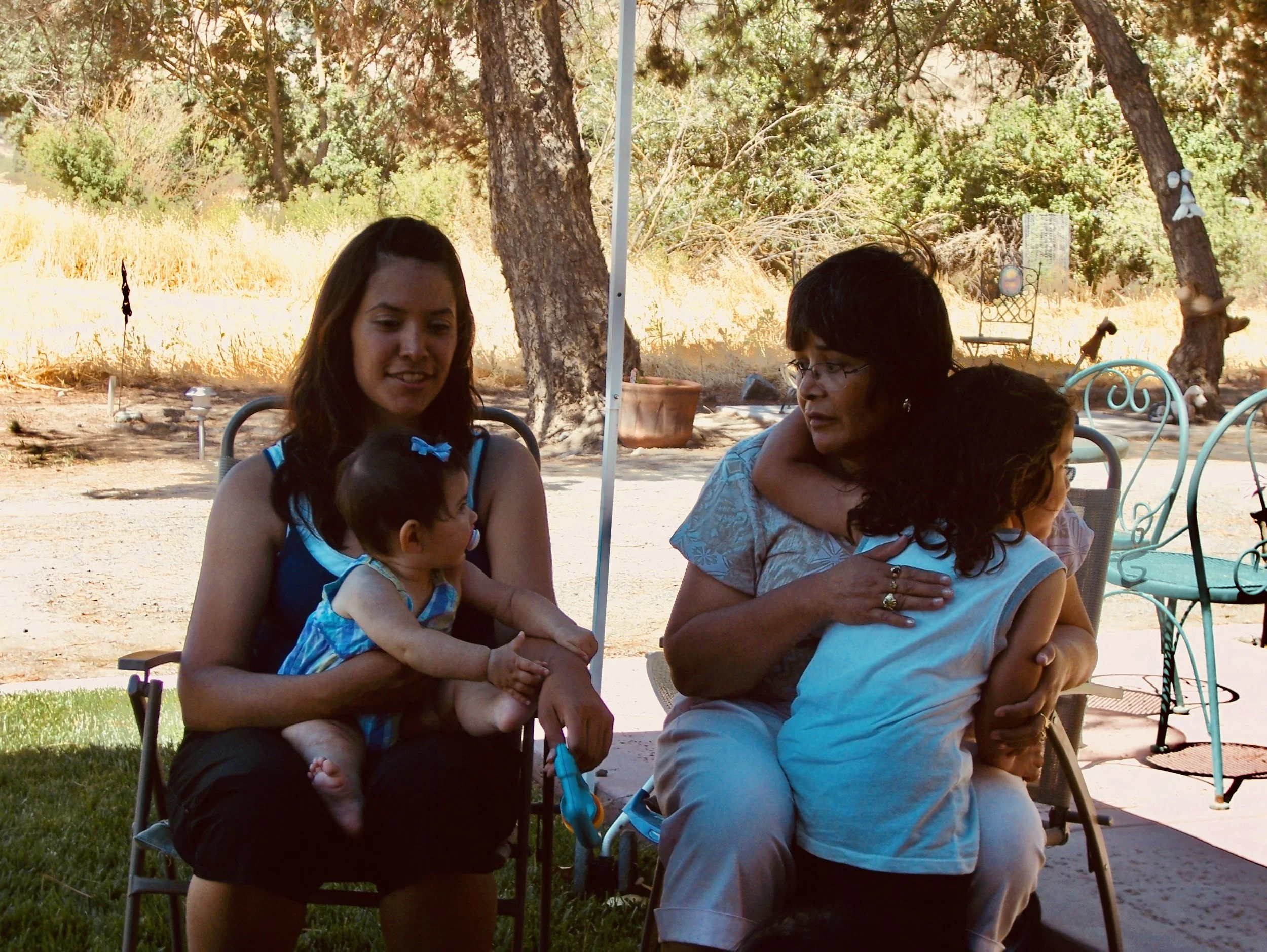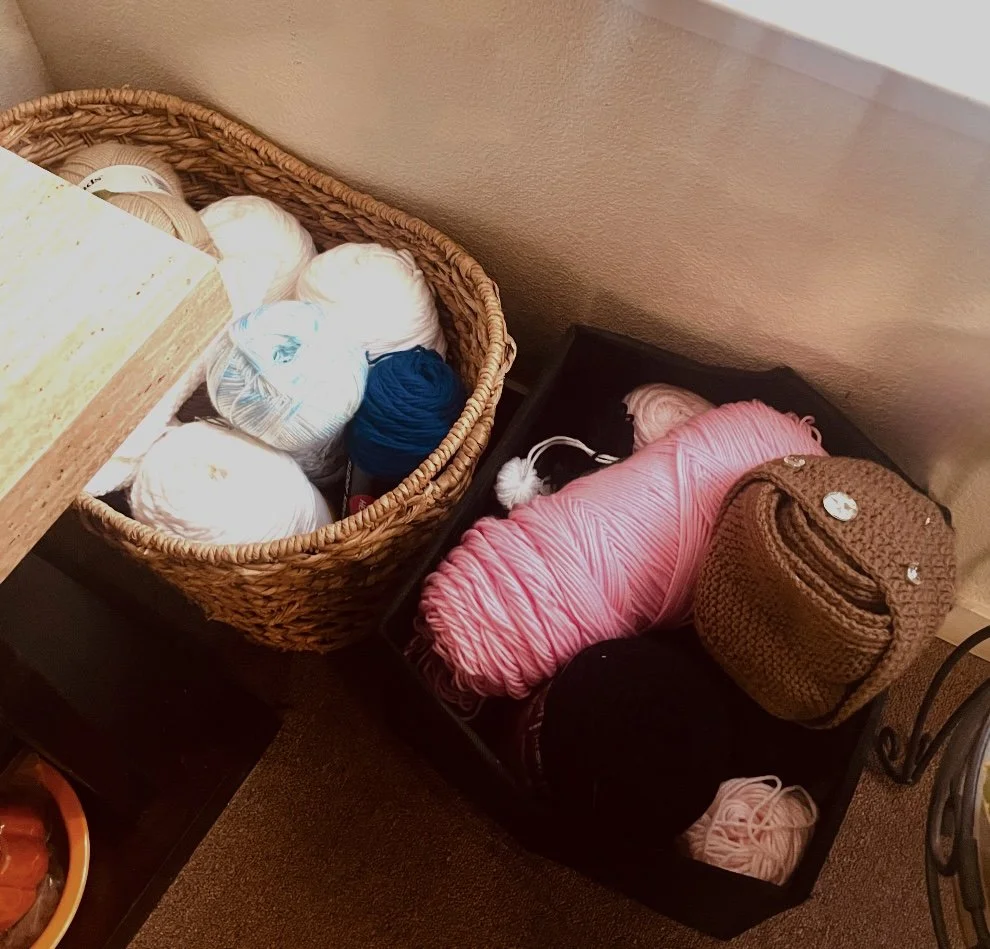How Generational Love Is Told Through Crochet
Crochet has been historically a female-dominated craft practiced by our mothers and grandmothers for centuries. The patriarchal society we live in has suppressed female voices career-wise and in government, but crochet has been a method for women’s legacies to be carried on in our families. Every stitch and hoop of yarn represents a woman’s culture, life, and story that continues to linger.
Crochet’s importance can be seen in families spanning various cultures of women, but it is especially prevalent among Latina women. The art of weaving thread together began in pre-colonial Mexico, when women used a technique called “Randa,” in which they used the thread of maguey cactus plants to produce crochet-like patterns. In the 16th through 18th centuries, Indigenous women were introduced to traditional European crochet and embroidery through colonization and imports from Spain.
When introduced to this new craft, the women in the area implemented the Spanish influence of crochet with their local motifs. These women were able to tell their stories by adapting their culture into a distinctive craft, with Latin-inspired crochet pieces still being popular today—my grandmother as an example.
My grandmother, Nana, is one of the millions of women who have her memory told through her crochet works. She began crocheting when she was 11, and continued to practice this craft throughout her life. My mother recalls Nana making beanies and blankets throughout her childhood, which she still keeps today.
Nana was taught to crochet by her mother, and my great-grandmother so that she would “always be busy.” Crochet was a method of parenting so that she would stay productive, this habit created a legacy of love and connection throughout our family. Nana has a small crochet station in her apartment’s living room—the familiar scent of her coffee and homemade tortillas flowing from the kitchen just a room over. From the comfortable recliner chair, she has crocheted some of my favorite and most cherished pieces of clothing.
During the previous holiday season, Nana was busy with her small crochet business. For over twenty years, she has been making Santa-themed stockings for her friends and family. She received the pattern from a close friend and has been spending her holiday season crocheting Santa stockings in varying colors and skin tones.
My mother takes after Nana creatively in her crafts. Though she does not crochet much, she indulges in sewing—a skill taught to her by Nana. As households around the world commemorate the accomplishments of sons and fathers, the celebration of crafts passed down from generations of women keeps their traditions and memories alive.
Every beanie, scarf, and stocking, she makes holds a piece of her memory in the maze of yarn strings. The soft texture celebrates her memory which I and the generations will cherish to come. The technique, yarn, and passion invested in these pieces reveal my great-grandmothers who may not have received the social praise from society, these gifts daughters inherit from their mothers honor the generational connection.
In every culture, women have used arts and crafts to tell their stories in worlds that so often do not listen. Though many take up crocheting for a fun pastime, it is important to remember the generations of women who gave us this gift.

